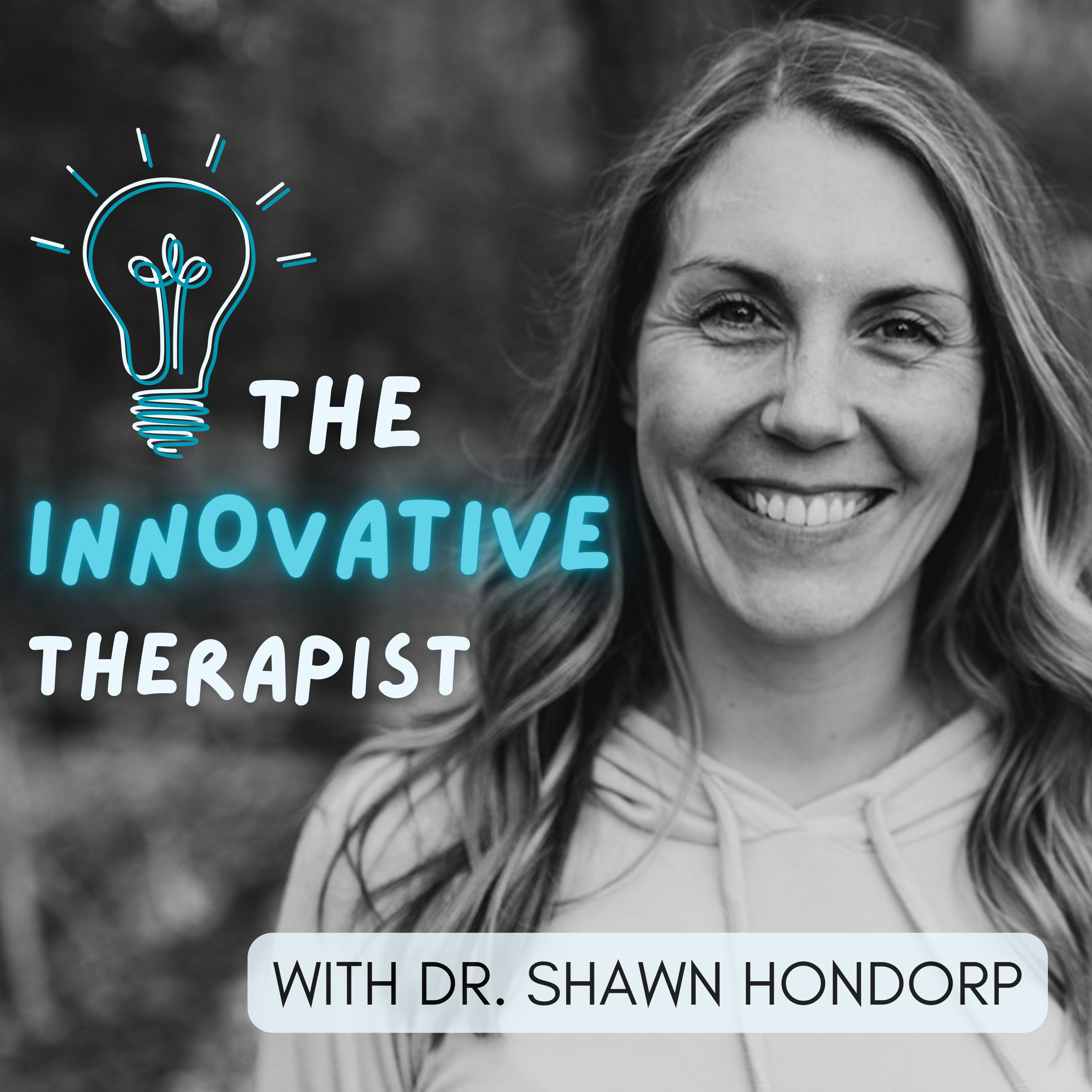How To Stop Overworking (Or Doing Other Things You You Wish You Didn’t Do)
Description
Episode 119. In today's solo episode, I'm going to share some of what I've learned about IFS and how it works based on both my personal and professional experiences thus far.
I'm also going to talk about learning to slow down, how it's a journey I'm still on, and how IFS helps me actually do it, specifically focusing on my example of my Overworking Part, which I learned as I talked through this episode is very linked with my "Optimizing my Experience" Part (also described in my episode with Randi Rubenstein).
In this episode I share my process of recognizing my Overworking/Optimizing Parts, appreciating them, and helping to do things (like record this episode for you!) from a more embodied and grounded place.
In the middle of the episode, I lead you through an IFS based meditation to get to know a Protector Part of yours, Overworking Part or otherwise. Then I cover 3 of the main lessons I've learned from experiencing IFS.
Without further ado, let's dive in!
But First, Words of Wisdom
“Compassion as a spontaneous aspect of Self blew my mind, because I’d always assumed and learned that compassion was something you had to develop. There’s this idea—especially in some spiritual circles—that you have to build up the muscle of compassion over time, because it’s not inherent. Again, that’s the negative view on human nature at play. To be clear, what I mean by compassion is the ability to be in Self with somebody when they’re really hurting and feel for them, but not be overwhelmed by their pain. You can only do that if you’ve done it within yourself. That is, if you can be with your own exiles without blending and being overwhelmed by them and instead show them compassion and help them, then you can do the same for someone in pain who’s sitting across from you.”― Richard C. Schwartz, No Bad Parts: Healing Trauma and Restoring Wholeness with the Internal Family Systems Model
The Top 3 Lessons I Have Learned Through Experiencing IFS
* Cognitive Self-Compassion is Very Different Than Heart Self Compassion. It's totally different. And I was definitely always practicing the cognitive type. This really came to light for me when I talked with Dr. Allyn Richards in episode 108 (you can listen here). We both experienced compassion for ourselves by practicing IFS in a way that was totally different than anything we've tried to do in the past.
* You Have to Life it to Give It. Hearing this always felt annoying to me. But also so true. I always heard that you shouldn't teach meditation if you don't have a meditation practice. Well, I occasionally taught it, but I definitely didn't have a practice.
* Talking About Parts is Very Different than Talking to and Building a Relationship with Parts. One of my trainers in my Level 1 mentioned that she often sees therapists saying they are doing IFS, when really they are talking about parts with clients, which can be helpful. Many of us, therapists especially, have developing amazing conceptualization and analyzing parts that helped us a TON. And also, they are still parts. When you truly build a relationship with and honor these parts, new levels of healing and embodiment open up, likely that you didn't believe were truly possible.
More Episodes
Episode 120. I’ve said it before and I will say it again, I am often profoundly changed by the impact of the conversations I have on this podcast. I still remember quotes and concepts from people I interviewed a year ago, and I still sometimes re-listen to the conversations to remind myself of...
Published 06/24/24
Published 06/10/24
Episode 118. Today's episode is a special conversation with Dr. Amy Neeren who has shown amazing resilience in terms of finding a career in psychology that felt right for her, and a big piece of that has been pursuing a career outside of her full-time work as a psychologist in writing fiction....
Published 05/27/24


